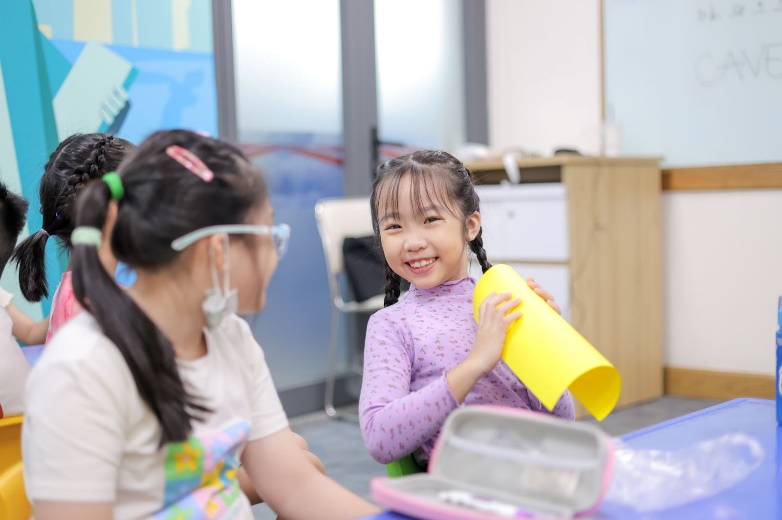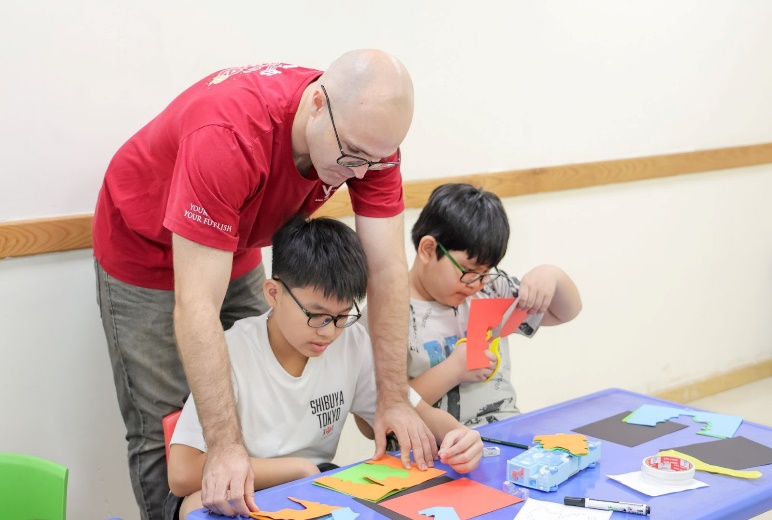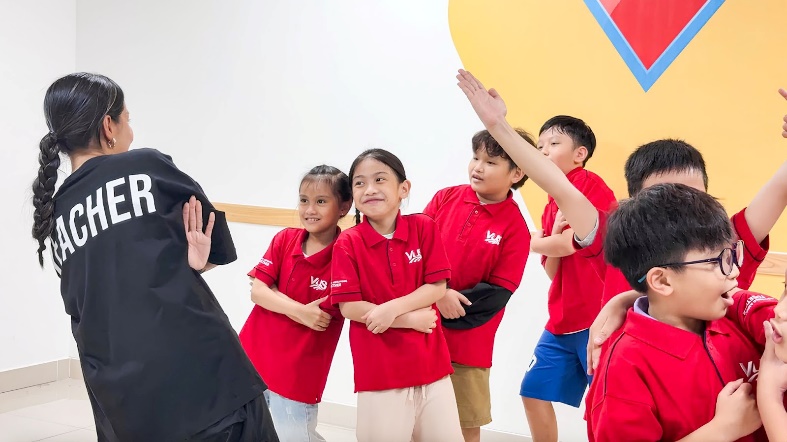Emotions are innate responses to life events. However, for children, especially those in elementary and middle school, the ability to recognize and classify emotions is limited. While they may feel sad, anxious, or angry, they often don’t know how to express themselves or understand the reasons behind these feelings. Additionally, today’s social environment can influence children with external factors such as peer pressure, social media, and academic stress, making their emotions complex and challenging to manage.
According to a UNICEF adolescent mental health survey, one in five adolescents experiences mental health issues, but only 8.4% have access to the necessary support or counseling services. More strikingly, only 5.1% of parents realize that their children need help with their emotional and behavioral issues. This indicates that many parents are not fully aware of their children’s emotional state, leading to a lack of timely intervention and a profound impact on children’s cognitive and emotional management abilities.

Adolescents need attention and support for their mental health
The Crucial Role of Parents
A ScienceDirect synthesis study shows that parental involvement is pivotal in helping children recognize and manage their emotions. Since children often learn through observation, when parents model emotions positively and healthily, such as patience, gratitude, or admitting mistakes, children learn to respond similarly in their daily encounters.
A safe and non-judgmental family environment where children feel heard and supported fosters self-confidence and understanding of themselves and others. Additionally, parents can guide children in recognizing, naming, and understanding the causes behind their emotions by using emotion charts, storytelling, or role-playing games.
Teaching children emotional management is intrinsically linked to practice. Extracurricular activities such as sports, arts, or life skills programs offer children a realistic setting to exercise their emotions. With parental encouragement and involvement, children will have a solid foundation for holistic development, encompassing both emotional and social aspects.

Extracurricular activities help children accurately label their emotions
Decoding Emotions with the Super Summer Program
Increasingly, education and psychology experts affirm that children learn to express their emotions best through practical experiences rather than solely through textbooks or lectures. Harvard’s Education Institute research reveals that summer camp activities, including group work, personal challenges, and interactions with new friends, foster essential socio-emotional skills. These skills encompass self-awareness, emotional management, communication, and responsible decision-making. Consequently, extracurricular summer programs integrating socio-emotional elements are gaining traction among discerning parents.
Tailored for children aged 6–11, the Super Summer Joytopia program by Anh van Hoi Viet My (VUS) is more than just an English class. It’s a journey of discovering a multidimensional world of emotions where children can be their true selves through diverse experiences.

VUS’s Super Summer program offers a plethora of experiences for children
Over six weeks, participants engage in interactive activities through Speaking Hub (English speaking proficiency enhancement class), Joy Clubs (four special interest clubs focusing on hobbies and life skills), Joytopia Adventures (extracurricular exploration), and Joytopia Fest (summer conclusion event).
With three overarching themes: “Understanding and Embracing One’s True Self,” “Living in Harmony with Others,” and “Coexisting with a Diverse World,” the Speaking Hub empowers students to speak English fluently and clearly by practicing conversational scenarios based on real-life situations. Moreover, instead of being judged right or wrong, they are encouraged to explore their emotions: sadness, joy, happiness, disappointment, gratitude, and more.
Super Summer Joytopia also fosters new friendships, group work, creative challenges, and emotional awareness through four unique clubs: Creative Arts, Dance Movement, Voiceover and Presentation Skills, and Practical Survival Skills. All activities are tailored to the children’s age group, offering opportunities to uncover hidden talents, express their unique personalities, manage emotions, and acquire essential life skills.

The clubs are designed to help children unleash their talents and explore diverse emotions
Children with well-developed emotional recognition and regulation skills tend to have healthier social relationships, learn more effectively, and experience fewer psychological issues. This foundation equips them for a confident future. Thus, integrating school education with family support is vital for cultivating children’s emotional intelligence.
Let Super Summer 2025 Joytopia empower your child with a robust English foundation and essential learning skills, coupled with emotional intelligence, to eagerly embark on a productive new academic year. The program commences on June 9th, offering flexible schedules. Parents can register directly via the hotline (028) 7308 3333 to enjoy exclusive VUS tuition fees and gifts. Don’t forget to explore the international standard Anh van Thieu Nhi curriculum, meticulously designed to foster comprehensive language skills for 6–11-year-olds.



































